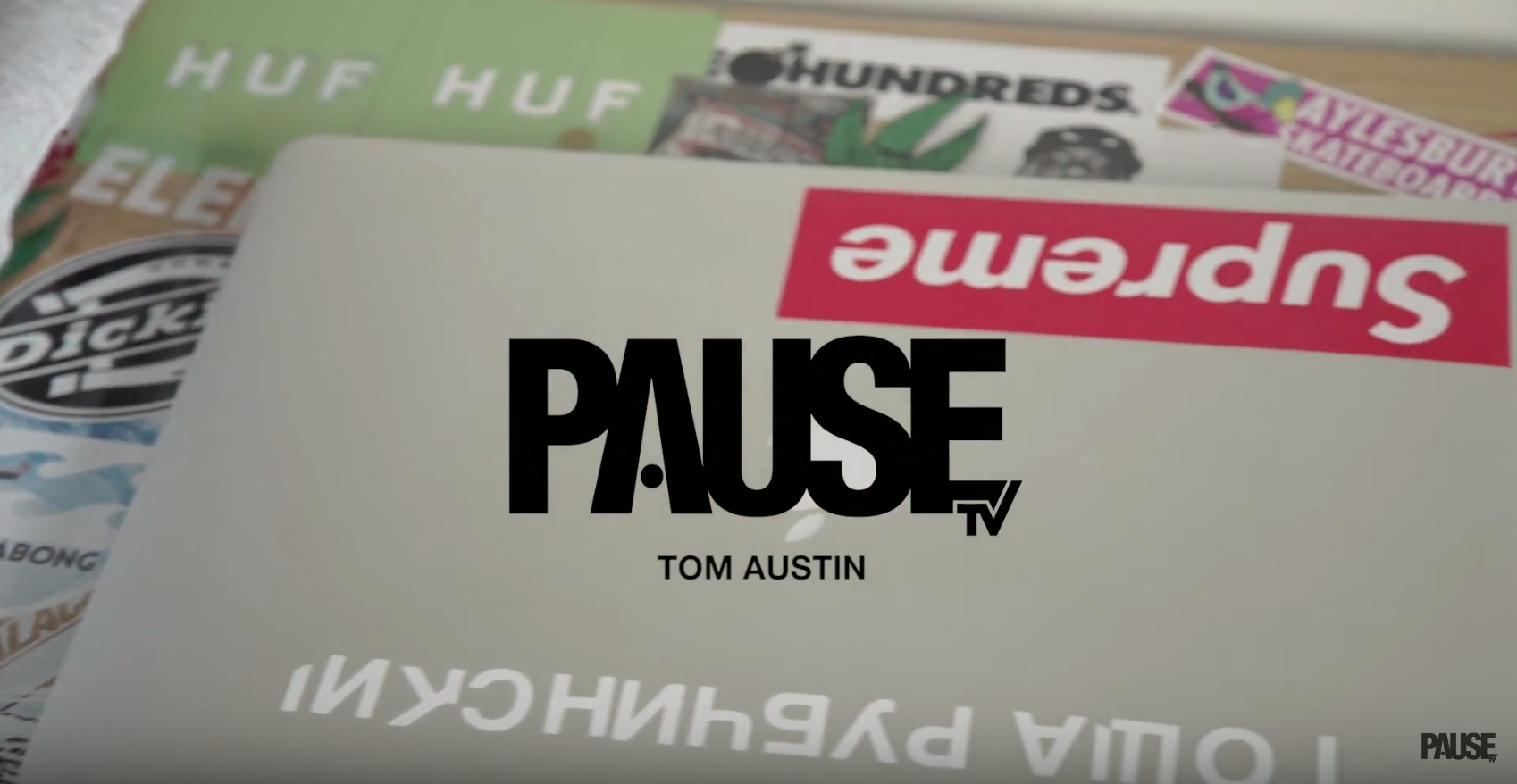
Navigating the mortgage landscape can be complex and overwhelming. Understanding the nuances of the mortgage process is crucial for any prospective homeowner. Consulting with a mortgage advisor can provide valuable insights, but knowing the right questions to ask is essential. Here, we outline the top eight questions to ask your mortgage advisor to ensure you secure the best deal possible.
1. What Type of Mortgage is Best for Me?
Every borrower’s situation is unique, making it vital to understand which type of mortgage suits your specific needs and circumstances. Mortgages generally fall into several categories, including fixed-rate, variable-rate, interest-only, and repayment mortgages.
Fixed-Rate vs Variable-Rate
A fixed-rate mortgage offers stability with consistent monthly payments, making budgeting easier. This option can be particularly beneficial for first-time buyers or those looking for financial predictability. In contrast, a variable-rate mortgage can be advantageous if you expect interest rates to fall, potentially offering lower monthly payments.
Interest-Only Mortgages
Interest-only mortgages allow borrowers to pay only the interest for an initial period, typically between 5 to 10 years. While this means lower monthly payments initially, the full loan amount remains outstanding until the interest-only period ends, requiring a significant repayment strategy.
Repayment Mortgages
Repayment mortgages combine capital and interest payments, ensuring the loan is paid off by the end of the term. This option generally represents a more secure method of financing your property purchase, with the benefit of a clear path to full ownership.
2. How Much Can I Borrow?
Understanding your borrowing capacity is a crucial step in the home-buying process. Lenders use various criteria to determine how much they are willing to lend based on your financial situation.
Income and Outgoings
Your annual income, alongside regular outgoings such as existing debts, utilities, and living expenses, will significantly influence the amount a lender is prepared to offer. Most lenders use an income multiple as a starting point, usually around four to five times your annual salary.
Credit Score
Your credit score plays a pivotal role in mortgage approval and borrowing limits. A higher credit score can increase your borrowing capacity and improve your chances of securing a favourable interest rate.
Deposit Size
The amount of deposit you can put down impacts how much you can borrow. A larger deposit reduces the loan-to-value (LTV) ratio, which can make you a more attractive borrower and potentially unlock better mortgage deals.
3. What Will My Monthly Repayments Be?
Predicting your monthly repayments helps in planning your financial future. Several factors influence this calculation.
Interest Rate
The interest rate on your mortgage, whether fixed or variable, will determine the bulk of your monthly payment.
Loan Term
The duration of your mortgage affects your monthly repayment. A longer term usually means lower monthly payments but results in higher total interest paid over the life of the loan.
Additional Costs
Monthly repayments can also include additional costs such as mortgage insurance, property taxes, and maintenance fees. Your mortgage advisor can help calculate a comprehensive estimate of your monthly outlay.
4. What Fees and Costs Are Involved?
Securing a mortgage involves various fees and costs that can add up quickly. It is prudent to understand these upfront to avoid any unwelcome surprises.
Arrangement Fees
Lenders typically charge an arrangement fee for setting up the mortgage. This fee can vary depending on the lender and the type of mortgage.
Valuation Fees
A valuation fee covers the cost of assessing the property’s value to ensure it aligns with the purchase price. Some lenders may include this in their arrangement fee, while others may charge separately.
Legal Fees
Legal fees for conveyancing are necessary to handle the legal aspects of the property transaction. These costs are unavoidable and should be expected as part of the home-buying process.
Additional Charges
Other potential charges include early repayment fees if you decide to pay off your mortgage ahead of schedule, as well as fees for changing your mortgage terms or transferring the mortgage to a new property.
5. What is the Best Interest Rate I Can Get?
Interest rates significantly impact the overall cost of your mortgage. Knowing what the best available rates are based on your financial profile can lead to considerable savings.
Market Rates
Mortgage interest rates fluctuate based on market conditions. Your mortgage advisor can provide insights into current rates and whether they are expected to rise or fall.
Personal Eligibility
Factors such as your credit score, employment history, deposit size, and the property’s value all influence the interest rate you can secure.
Fixed or Variable Rates
Discussing the pros and cons of fixed versus variable rates with your advisor will help you determine which option aligns best with your financial goals and risk tolerance.
6. What Documentation Do I Need?
Applying for a mortgage involves a substantial amount of paperwork. Being prepared with all necessary documentation can streamline the application process and improve your chances of approval.
Proof of Income
Lenders require proof of your income, such as payslips and P60 forms. If you are self-employed, you will need to provide tax returns and possibly a profit-and-loss statement.
Credit History
Providing a detailed credit history helps the lender assess your creditworthiness. You may need to authorise the lender to obtain your credit report.
Identification and Address Verification
Valid identification and proof of address, such as a passport and utility bills, are required to confirm your identity and residence.
Other Financial Documentation
Documents outlining any other financial commitments, such as outstanding loans or alimony payments, are also necessary to present a clear picture of your financial obligations.
7. Are There Any Government Schemes That Can Help?
The UK government offers various schemes to assist homebuyers, particularly first-time buyers. Enquiring about eligibility for these schemes can provide additional financial support.
Help to Buy
The Help to Buy scheme offers an equity loan to first-time buyers and existing homeowners buying a new-build property. Understanding the specifics of this scheme can help you capitalise on available government assistance.
Shared Ownership
Shared Ownership allows you to purchase a share of a property and pay rent on the remaining share. This can make homeownership more accessible by reducing the upfront costs.
Mortgage Guarantee Scheme
The Mortgage Guarantee Scheme supports lenders to offer 95% mortgages, helping buyers with a smaller deposit. This scheme can be particularly beneficial for first-time buyers struggling to save a substantial deposit.
8. How Long Does the Entire Process Take?
Knowing the timeline for securing a mortgage helps in planning your home purchase and managing expectations.
Application to Approval
The initial application process typically takes a few weeks. This period involves the lender assessing your financial information, conducting a valuation, and making a decision on your application.
Post-Approval Steps
Once approved, the legal and administrative steps begin, including finalising contracts and transferring funds. This phase can take an additional few weeks, depending on the complexity of the purchase.
Overall Timeline
On average, the entire mortgage process from application to completion can take around 6 to 8 weeks. However, this can vary significantly based on individual circumstances and the efficiency of your lender and legal team.
Conclusion
Securing a mortgage is a complex journey that requires careful planning and informed decision-making. By asking these eight critical questions, you can better navigate the mortgage process, ensuring you make choices that best suit your financial situation and long-term goals. Engaging with your mortgage advisor effectively will empower you to move forward with confidence in your path to homeownership.

























































